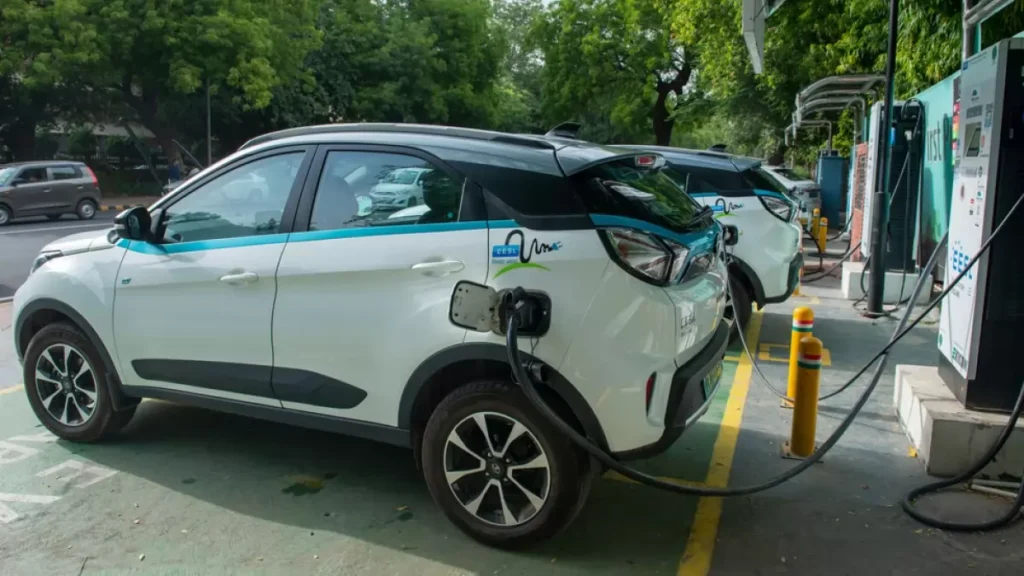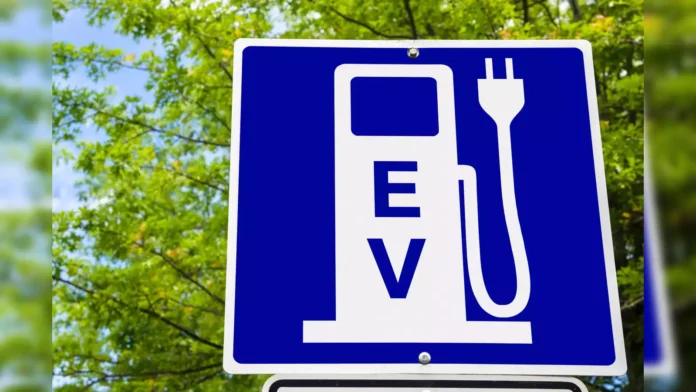The government’s production-linked incentive (PLI) scheme, with an approved investment of Rs25,938 crore, has been implemented to support domestic electric vehicle (EV) manufacturing. This effort, along with a few other major ones, has significantly changed the sector. Of the 74 applications the Center received from automakers for the PLI schemes in the EV sector, 50 have already been authorized, and the remaining 24 are being reviewed. As of March 31, approved applicants under the main PLI scheme reported that incremental sales had crossed Rs3,370 crore and investments had reached Rs17,896 crore.
Automakers are eligible to receive a government grant under the PLI program of 13–15% of the EVs’ yearly sales value. This helps boost revenues for the company and reduces the increased costs associated with investing in new technologies.
The government has stated on numerous occasions that it is dedicated to developing the EV ecosystem in India and supporting domestic manufacture.

PLI Advance Scheme
The PLI Advanced Chemistry Cell (ACC) scheme, with an approved outlay of INR 18,100 crore for 50 GWh, the Electric Mobility Promotion Scheme (EMPS) scheme, with an outlay of INR 778 crore, and the SMEC initiative, which aims to attract global EV investments with a minimum commitment of INR 4,150 crore, are among the other major initiatives of the ministry.
The government of India extended the Electric Mobility Promotion Scheme (EMPS) subsidy till September 30, which has resulted in a significant improvement in the penetration of electric vehicles (EVs) in the two- and three-wheeler segments.
According to a research by BNP Paribas India, last month’s electric 2W volumes exceeded 1,00,000, while E3W volumes hit a new high of 63,000. Bajaj Auto increased its market share in the E2W whereas Ola decreased its share.
BYD increased its market share while MG decreased in the electric passenger vehicle (EPV) industry. The market share of Tata Motors remained mostly constant.
Market share was obtained by Mahindra & Mahindra and Bajaj Auto in the electric three-wheeler (E3W) segment.
According to latest information from the Center, there was a notable 42.06% rise in the number of EV registrations in FY24 compared to FY23.


